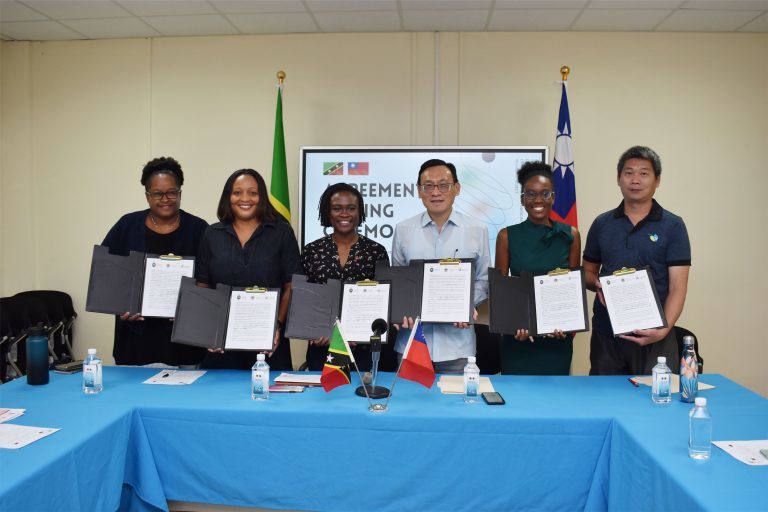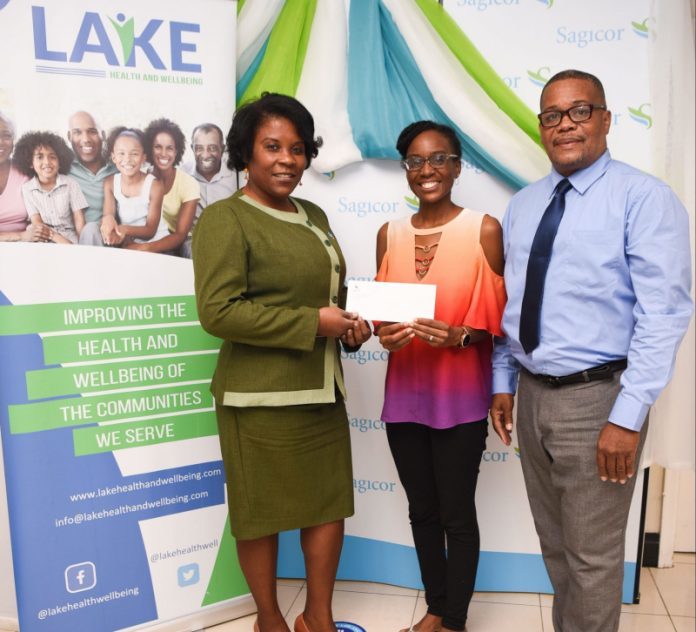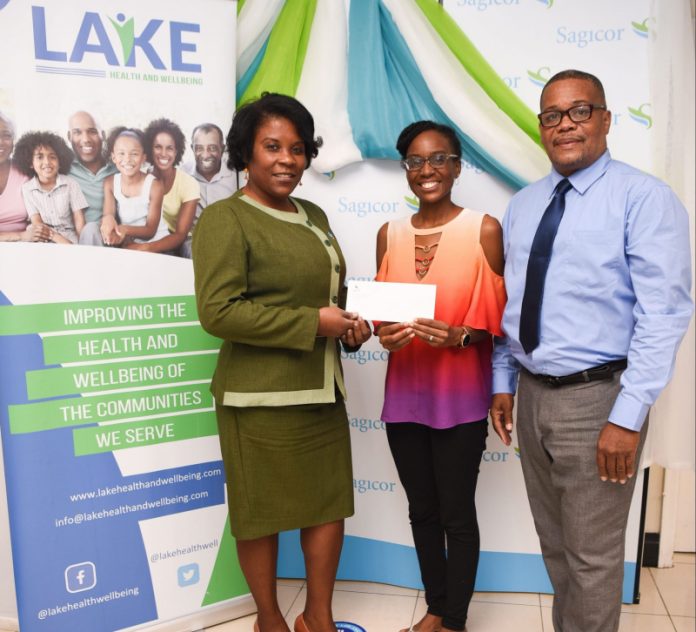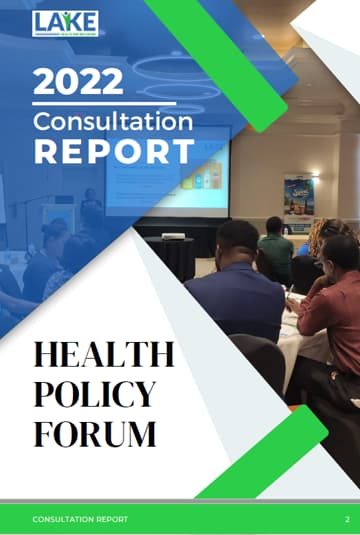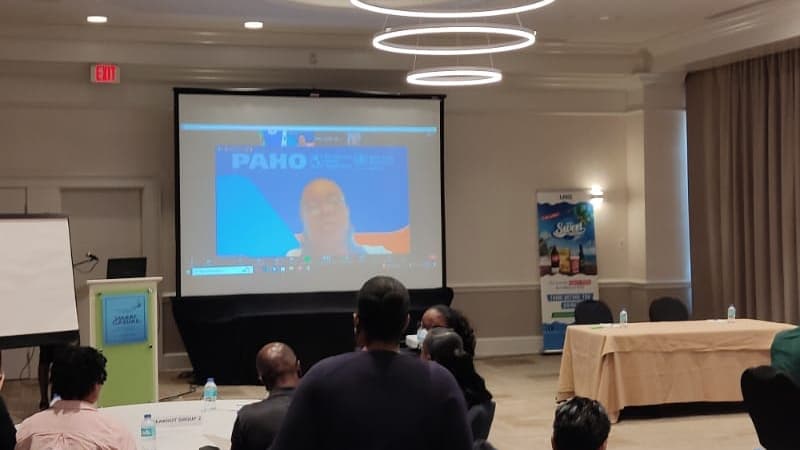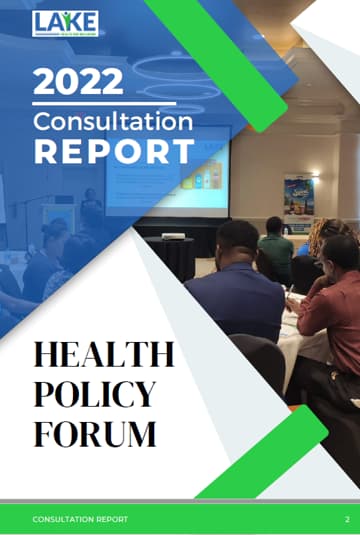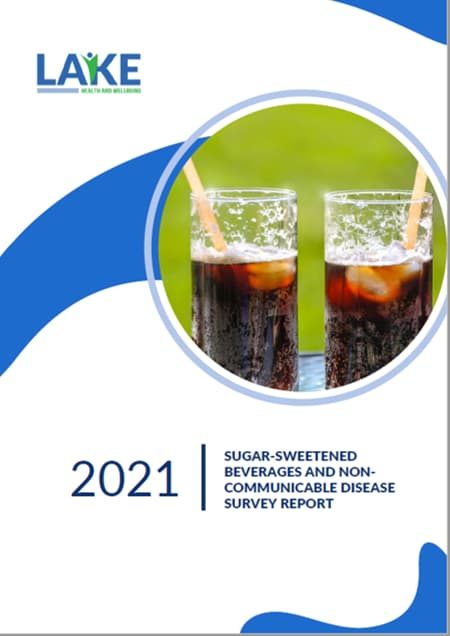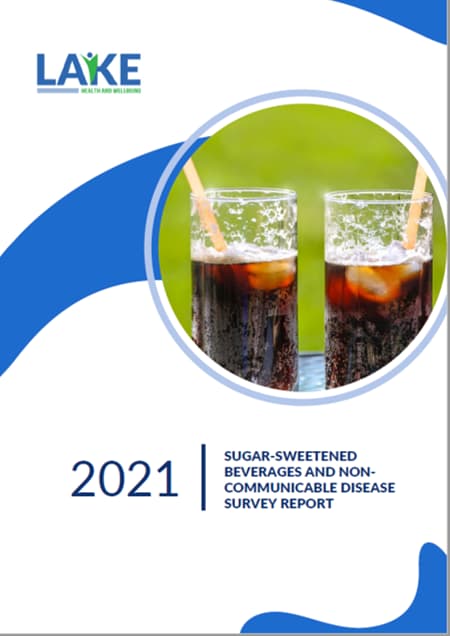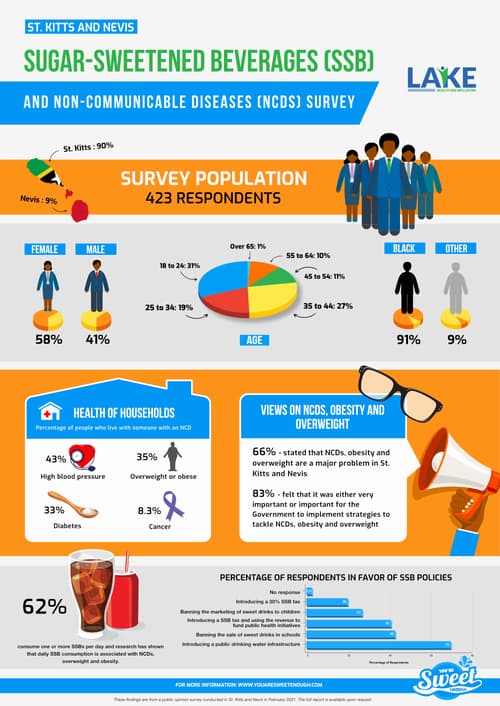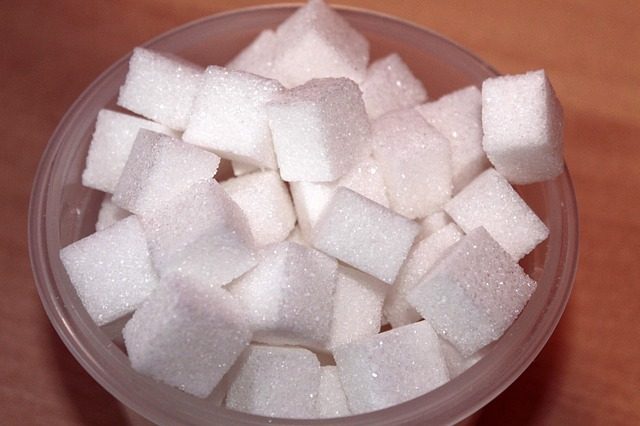Thank you, ACF!
We are very grateful to the Advancement of Children Foundation for recently awarding us with a grant to implement a project focusing on menstrual health education. This project aims to address one of the findings of our fibroids research project, namely the lack of awareness of and information about menstrual health in St Kitts and Nevis.
Background
In 2020, we conducted a research project to explore the experience of women in St. Kitts and Nevis who were affected by fibroids (Fibroids is a gynaecological condition that negatively affects women’s menstrual health). We carried out in-depth interviews with fibroid patients to understand their experience and the findings of this research project identified menstrual health awareness as a major gap in the knowledge of women and girls leading to poor menstrual health, delays in the diagnosis of menstrual health conditions such as fibroids, a reduction in women and girls’ quality of life and poor mental health.
An important finding from our research was that poor menstrual health affects every aspect of a woman’s life from their physical and mental health to their personal and professional life.
We found that the negative impact of poor menstrual health in many cases is exacerbated by a lack of awareness of what a normal period looks and feels like and how to manage menstrual symptoms. This is because women suffer from severe menstrual pain and heavy menstrual bleeding, in silence, without the realisation that these debilitating symptoms could be due to an underlying issue like fibroids or endometriosis. These menstrual symptoms, in some cases, resulted in significant challenges in the workplace such as regular absences from work, low productivity, pain and bleeding accidents at work, tension with colleagues and management, and job losses. With regards to women’s personal lives, these menstrual symptoms affected women’s ability to socialise, disrupted their daily activities, affected their relationships and had an impact on their finances.
Another set of issues raised by our research was the lack of menstrual health information and support. This lack of information and support affected women’s ability to make informed decisions about their health and negatively affected their wellbeing. Furthermore, all these issues and experiences had a significant impact on women’s mental health causing anxiety, and women explained that they felt defeated, confused, overwhelmed and worried because of their poor menstrual health.
Additionally, the negative beliefs, perceptions and stigma associated with menstruation within our community negatively impacted women’s wellbeing. It was felt that society’s perception of women’s health issues does not create an environment of empathy or one where women feel comfortable enough to discuss the challenges that they encounter and, therefore, reach out for support.
These findings highlight that poor menstrual health is a significant issue in St Kitts and Nevis that needs to be addressed. We believe a whole-of-society approach is required to address these issue
This ACF-Funded Project
For this current project, we would like to start with the next generation and provide comprehensive menstrual health information that will educate, empower and engage girls so that we can improve awareness and knowledge about menstruation and thus improve girl’s and women’s menstrual health and wellbeing as well as also improve their experience in society by empowering them to advocate for themselves when it comes to their menstrual health and wellbeing.
This project will be a partnership between the ACF who will be providing the funding, WASH United and the Ministry of Education.
We look forward to starting this project and more information will be available in the coming months. In the meantime, we would like to say a big thank you to the ACF for this wonderful opportunity and are so grateful to have been awarded this grant.








